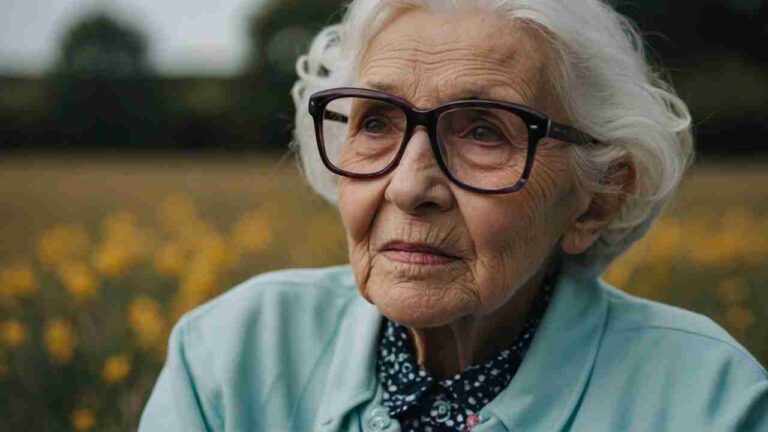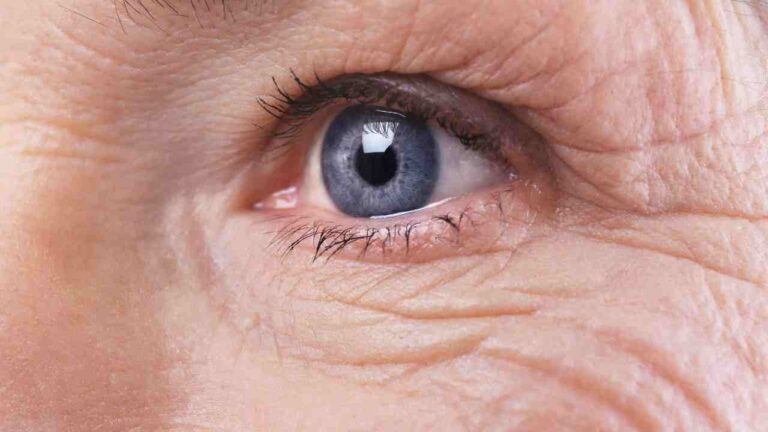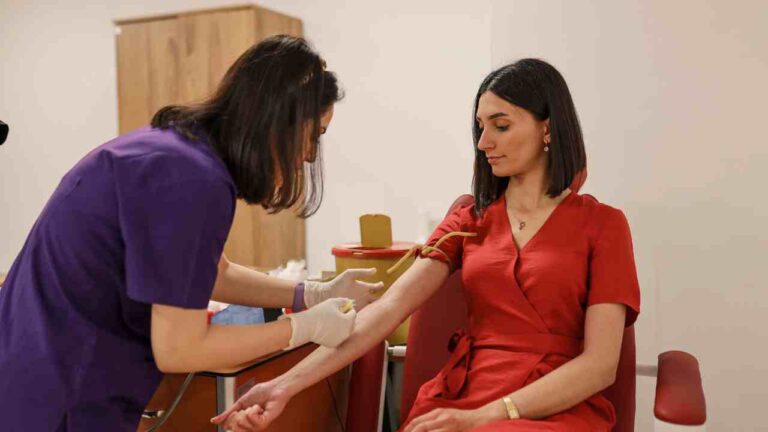Help for Families of Alzheimer Patients

Help for Families of Alzheimer Patients
Navigating the path of looking after someone with Alzheimer’s disease often involves a mix of emotional challenges and practical hurdles. Those providing care have access to various helpful resources, including community support networks, temporary relief services, and guidance for financial and legal matters. By planning ahead, focusing on their personal well-being, and utilizing the support systems at their disposal, caregivers can more effectively handle the complexities involved in Alzheimer’s care.
Coping with Emotional and Practical Challenges
Emotional Support for Caregivers
Providing care for a person suffering from Alzheimer’s disease can bring a wave of emotional hurdles. To better navigate such challenges, it’s vital for caregivers to seek and accept emotional guidance. Joining groups geared specifically for caregivers of Alzheimer’s patients can provide a comforting environment to express feelings and share experiences. These gatherings offer a chance to bond with individuals on the same journey, and to receive priceless guidance and emotional reinforcement. Moreover, discussing their struggles and feelings concerning caregiving with friends, family, or professionals can prove advantageous. It’s invaluable for caregivers to realize that they are part of a broader community, and that it’s not only okay but crucial to maintain their own emotional health while providing care for their loved ones.
Seeking Respite and Support Services
It is vital for families dealing with Alzheimer’s to seek out respite and support services. Respite services afford caregivers a much-needed breather from routine responsibilities, giving them an opportunity to rejuvenate. These services could be in-home care, adult daycare institutes, or temporary overnight stays at a specialized facility. Support services, meanwhile, offer emotional backing and practical aid for families. These might encompass support communities where caregivers can foster connections, share their journey, and acquire helpful insights. Additionally, helplines, online forums and communities can provide a wealth of information and advice. Exploring and leveraging these services are key steps to prevent caregiver fatigue, manage stress, and uphold individual health.
Financial and Legal Considerations
When taking care of a loved one with Alzheimer’s disease, it is vital to consider potential financial and legal ramifications. Preparation for care costs is a major factor, as Alzheimer’s treatment can be a substantial financial burden. Conducting a thorough review of the available financial aids and considering options such as long-term care insurance, Medicare, or Medicaid is advisable. Consulting with an elder law attorney can also help in understanding legal matters such as power of attorney, guardianship, and living wills. Their expertise can be valuable in handling complex matters, such as managing the patient’s finances, planning estate, and asset protection. Planning financially and legally can assure peace of mind and the guarantee of the best care for your loved one.
Planning for the Future
The next phase in the journey of Alzheimer’s care is future planning. This involves making forecasted decisions assuring the Alzheimer’s patient is well-cared for in the later stages of the disease. A critical part of this plan is to establish legal documents like a healthcare and financial power of attorney. This designates a responsible person to make informed decisions on the patient’s behalf should they lose this ability**. It’s also crucial to have open discussions and establish end-of-life preferences, which include desired medical interventions and resuscitation orders.** Caregivers should also consider long-term financial planning, researching eligibility for government assistance. This forward planning can alleviate some of the stress and uncertainty inherent in Alzheimer’s care, ensuring the patient’s needs and wishes are respected even when they may not be able to communicate them.

Self-Care for Caregivers
Caring for a person with Alzheimer’s disease can exact a heavy emotional and physical toll, making it vital for caregivers to prioritize self-care. It’s important to underscore that caring for yourself is the foundation of being able to provide the best care for your loved ones. Prioritizing downtime and relaxation helps fend off burnout and should include designating personal time for beloved activities such as reading, strolling, or following hobbies. Leaning on support from friends, family, or community groups can help navigate the rigors of caregiving by sharing experiences and concerns. Utilizing respite services can allow for a much-needed escape from caregiving duties. Moreover, regular exercise, nourishing meals, sufficient sleep, and staying on top of health check-ups can help manage stress and maintain one’s health. Prioritizing self-care is not a selfish act but a necessary step to continue providing the best possible care for a loved one with Alzheimer’s.
Resources and Additional Support
Support Groups and Online Communities
For families and carers of Alzheimer’s patients, support groups and online communities are priceless assets. These platforms provide a safe haven of understanding, enabling carers to connect with others who are navigating similar trials. Meetings in support groups typically happen face-to-face, creating avenues for caregivers to share their journeys, swap advice, and gain emotional backing. On the flip side, online communities offer a handy platform for carers with limited mobility or residing in distant locations to forge connections virtually. These virtual spaces often feature forums or discussion groups where caregivers can pose questions, share wisdom, and receive motivation. Making use of both support entities can mitigate feelings of isolation among caregivers, affirm their emotional state, and offer valuable advice and knowledge about caring for a relative with Alzheimer’s.
Educational Materials and Books
While attending to a family member with Alzheimer’s, equipping yourself with information about the illness can be beneficial. Several educational documents and books can provide a wealth of knowledge on a wide range of Alzheimer’s-related topics. The resources can offer an understanding of the disease’s origin, symptoms, development, and recent scientific breakthroughs in diagnosis and treatment approaches. Furthermore, these educational aids can supply advice on creating a comforting environment for your relative, managing their everyday habits, and employing effective communication methods and tactics. Certain publications also tackle how to handle difficult behaviors frequently linked to Alzheimer’s. These educational resources and books can serve as crucial instruments for caregivers, offering pragmatic counsel and research-backed strategies to bolster their care provision capacity.
Professional Assistance and Caregiver Training
Acquiring professional help and caregiver training is vital for families of Alzheimer’s patients. Turning to medical professionals who have a specific focus on Alzheimer’s care can afford families much-needed support and guidence. These experts possess the in-depth knowledge and experience needed to assist families in better comprehending the disease and formulating effective caregiving techniques. They can provide recommendations on how to tackle the arduous task of caregiving, such as correctly administering medication, adhering to safety protocols, and offering emotional comfort. Apart from this, caregiver tutoring programs prepare families with the essential skills to optimally care for their loved ones. These programs delve into a variety of subjects, like successful communication strategies, understanding and managing behaviors, and caregiver self-care. By leveraging professional help and partaking in caregiver training, families can enhance their caregiving capabilities, boost their loved ones’ quality of life, and lessen the load and stress of caregiving.
Bibliography
- Nguyen, H., Nguyen, T., Tran, D., & Hinton, L. (2021). “It’s extremely hard but it’s not a burden”: A qualitative study of family caregiving for people living with dementia in Vietnam. PloS one. (https://journals.plos.org/plosone/article?id=10.1371/journal.pone.0259788)
- Bamford, C., Wheatley, A., Brunskill, G., Booi, L., Allan, L., Banerjee, S., … & PriDem Study Team. (2021). Key components of post-diagnostic support for people with dementia and their carers: A qualitative study. Plos one, 16(12), e0260506. (https://journals.plos.org/plosone/article?id=10.1371/journal.pone.0260506)
- Wakefield, C. J. (). Community respite service utilisation and dementia care: a review of literature. Australian Journal of Advanced Nursing. (https://repository.unar.ac.id/jspui/bitstream/123456789/1202/1/30-37.pdf)
- Ploeg, J., Northwood, M., Duggleby, W., McAiney, C. A., Chambers, T., Peacock, S., … & Triscott, J. A. (2020). Caregivers of older adults with dementia and multiple chronic conditions: Exploring their experiences with significant changes. Dementia, 19(8), 2601-2620. (https://journals.sagepub.com/doi/full/10.1177/1471301219834423)
- Tahami Monfared, A. A., Byrnes, M. J., White, L. A., & Zhang, Q. (2022). The humanistic and economic burden of Alzheimer’s disease. Neurology and therapy, 11(2), 525-551. (https://link.springer.com/article/10.1007/s40120-022-00335-x)
- Rostamzadeh, A., Schwegler, C., Gil-Navarro, S., Rosende-Roca, M., Romotzky, V., Ortega, G., … & Woopen, C. (2021). Biomarker-based risk prediction of Alzheimer’s disease dementia in mild cognitive impairment: Psychosocial, ethical, and legal aspects. Journal of Alzheimer’s Disease, 80(2), 601-617. (https://www.researchgate.net/profile/Carolin-Schwegler/publication/349136208_Biomarker-Based_Risk_Prediction_of_Alzheimer%27s_Disease_Dementia_in_Mild_Cognitive_Impairment_Psychosocial_Ethical_and_Legal_Aspects_Study_Protocol_of_the_PreDADQoL_Project/links/6252c5944f88c3119cefe06e/Biomarker-Based-Risk-Prediction-of-Alzheimers-Disease-Dementia-in-Mild-Cognitive-Impairment-Psychosocial-Ethical-and-Legal-Aspects-Study-Protocol-of-the-PreDADQoL-Project.pdf)






